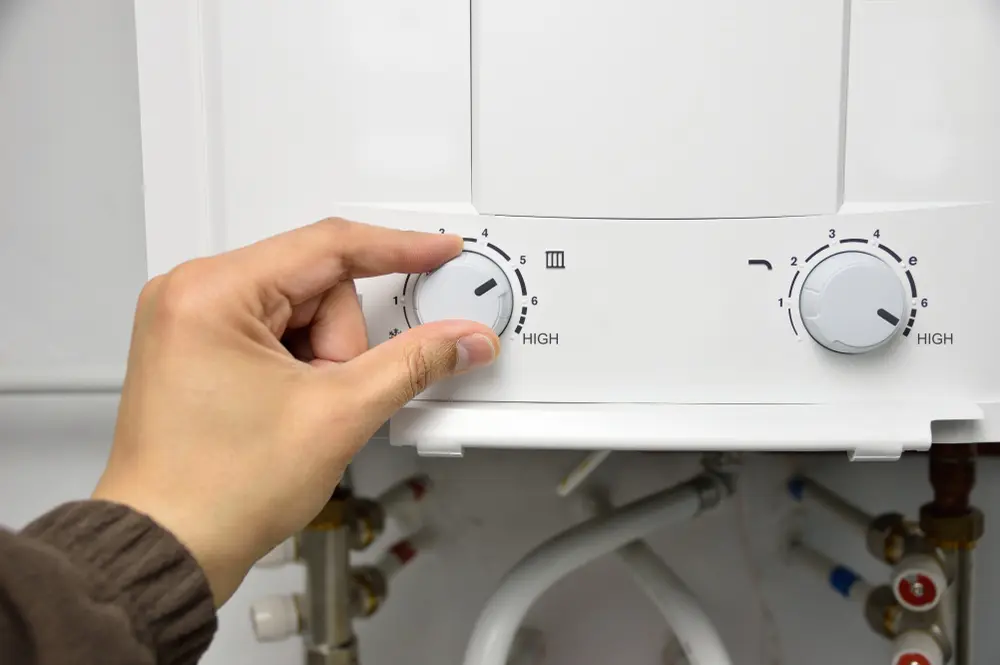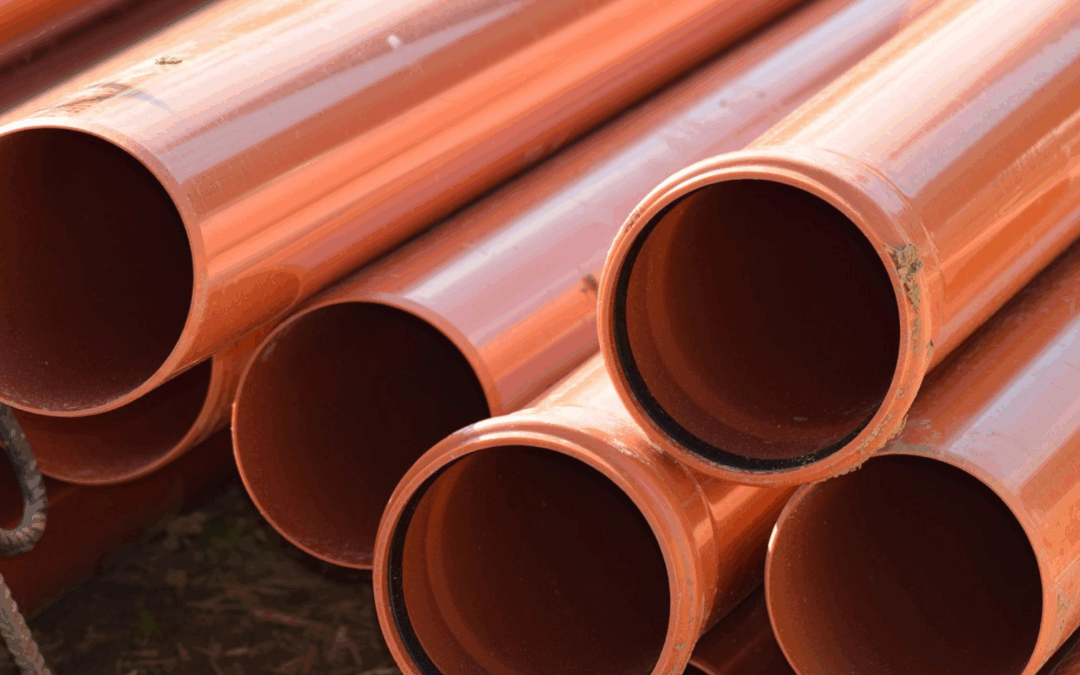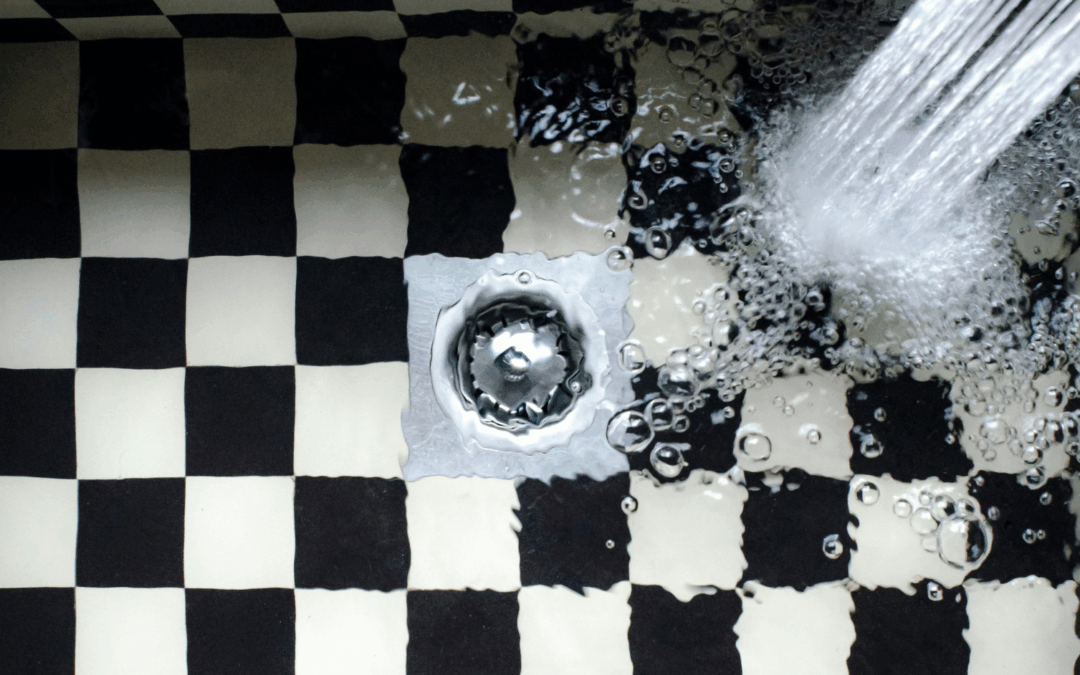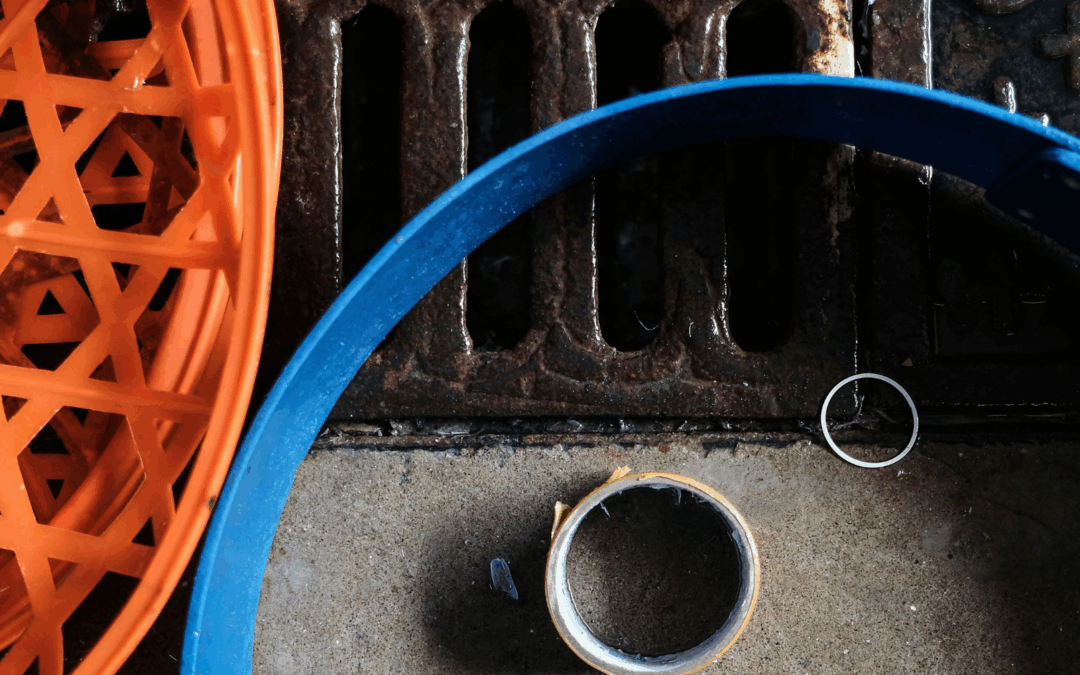Hot water heaters are one of the most important appliances in our homes. They provide us with a steady supply of hot water for our daily needs.
However, traditional storage tank water heaters have been known to be energy inefficient, bulky, and prone to leaks.
This is where tankless water heaters come in. These hot water on demand type water heaters are becoming increasingly popular due to their energy efficiency, space-saving design, and low maintenance.
Schedule Service Online
Get a free estimate so you know what you're signing up for
"*" indicates required fields
For Emergency Services Call: 410-255-9300
In this blog post, we will discuss why you should consider switching to a tankless water heater.
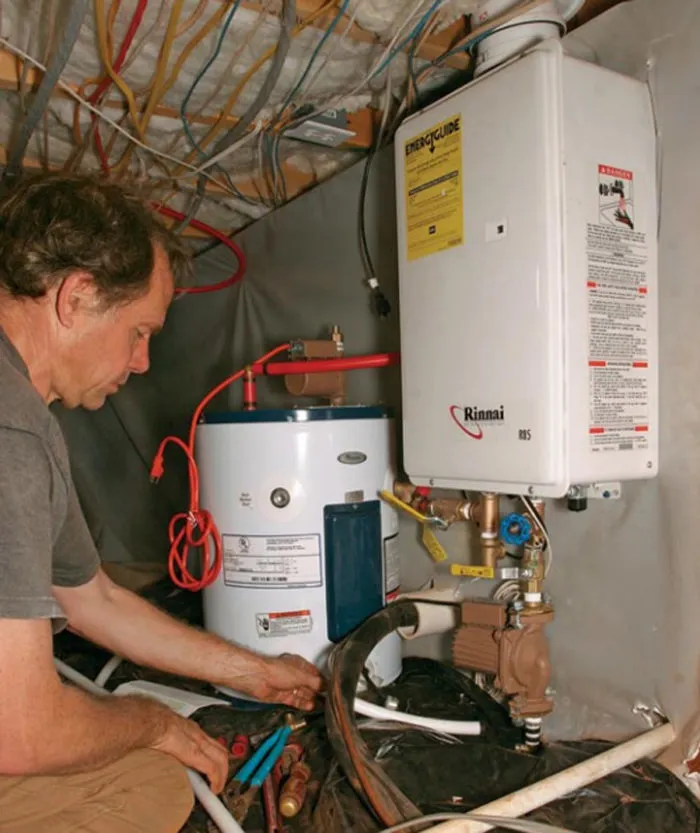
Energy Efficient
One of the main advantages of tankless water heaters is their energy efficiency. Unlike traditional storage water heaters, tankless models only heat water when it is needed. This means they don’t have to constantly heat and reheat the water in a storage tank, which leads to energy wastage.
According to the Department of Energy, tankless water heaters are up to 34% more efficient than storage tank water heaters. This can lead to significant savings on your energy bills. Not only does this save energy, but it will also save money on your energy bill!
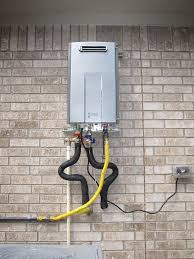
Space-Saving Design
Tankless water heaters have a much smaller footprint than traditional water heaters. This is because they don’t have a large storage tank.
Instead, they are mounted on a wall and take up less space. This makes them ideal for homes with limited space or for homeowners who want to free up some space for other uses.
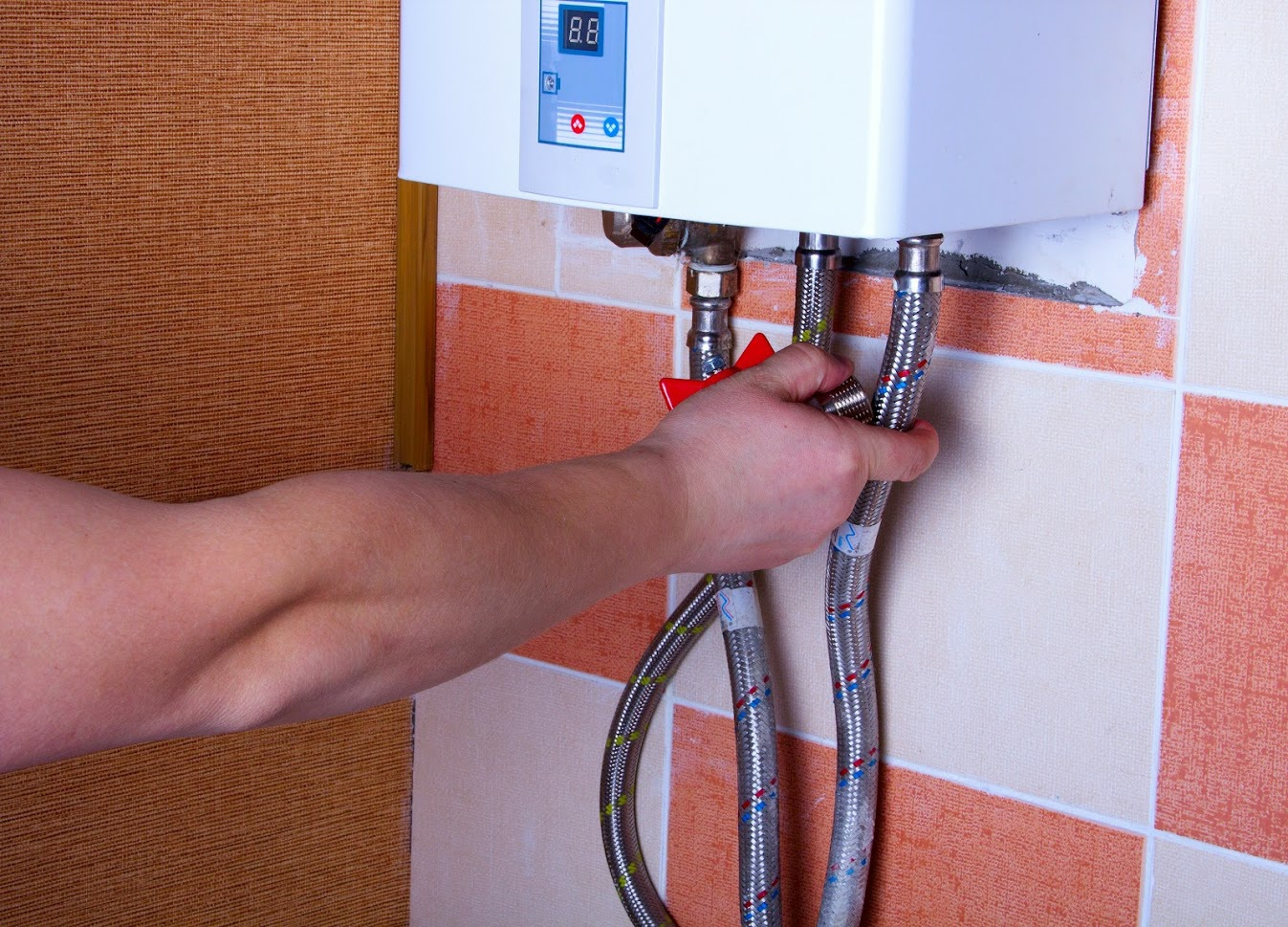
Continuous Supply of Hot Water
With a tankless water heater, you will never run out of hot water. A traditional tank water heater has a limited amount of hot water stored. Once the hot water is used up, you have to wait for the tank to heat up more water.
This can be frustrating, especially if you have a large household or if you need hot water for multiple tasks at the same time, like using your clothes washer, taking two showers at the same time, and doing dishes.
You’ll always have the desired temperature with constant supply. Tankless water heaters work on demand, so you never have to worry about running out.
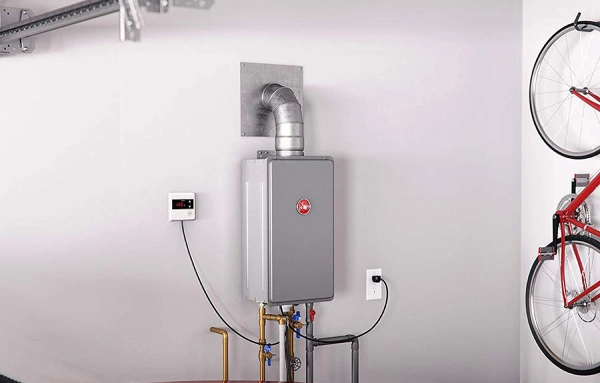
Low Maintenance
Tankless heaters require less maintenance than traditional water heaters. This is because they don’t have a storage tank that can rust or corrode over time. You also won’t have scale buildup in your water tank anymore.
Tankless water heaters have a longer lifespan than traditional water heaters, and they typically require less frequent repairs. This can result in cost savings over time. Everyone likes saving money!
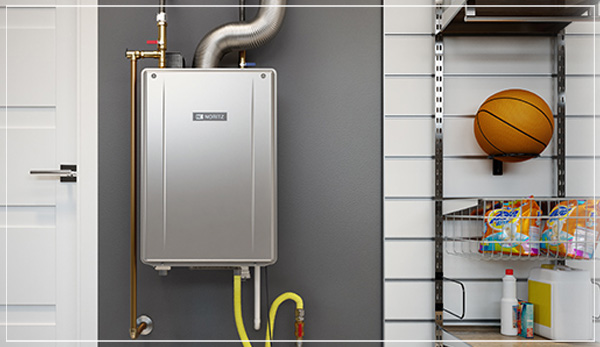
Eco-Friendly
Tankless water heaters are eco-friendly because they use less energy to heat water. This means they produce fewer greenhouse gas emissions than traditional water heaters.
They also have a longer lifespan, which means fewer appliances end up in landfills. Switching to a tankless water heater can reduce your carbon footprint and help you do your part for the environment.
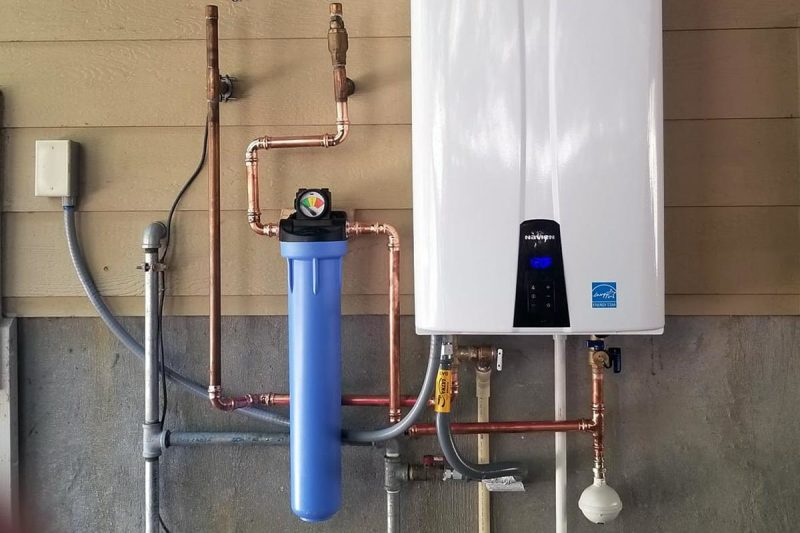
The Pros and Cons of a Tankless Water Heater
Tankless water heaters have grown in popularity over the years compared to traditional tank-based systems. Many people want to know the advantages and disadvantages of tankless water heaters before making a purchase.
Pros of a Tankless Water Heater
Energy Efficient
A tankless water heater heats only the amount of water you need, saving energy and money on your electricity bill.
Longevity
A tankless water heater can last for over 20 years, twice the lifespan of a traditional tank-based water heater.
Space Saving
A tankless water heater occupies less space than a traditional heater, making it ideal for small living spaces.
Instant Hot Water
A tankless water heater heats water on demand, providing hot water instantly, and there are no storage or standby losses.
Cons of a Tankless Water Heater
Upfront Cost
The initial cost of a tankless water heater is usually higher than that of a traditional tank-based system.
Cost of Professional Installation
Installing a tankless water heater may incur additional installation costs or upgrades like added electrical circuitry or gas line upgrades, increasing the overall cost of the water heater.
Water Usage Limitations
A tankless water heater is designed to provide a specific amount of hot water at any given time, limiting water usage in high-demand scenarios. This isn’t necessarily a con, if you buy a large size tankless water heater.
Maintenance
More maintenance is required regularly to prevent issues such as mineral buildup, which could cause blockages and reduce efficiency.
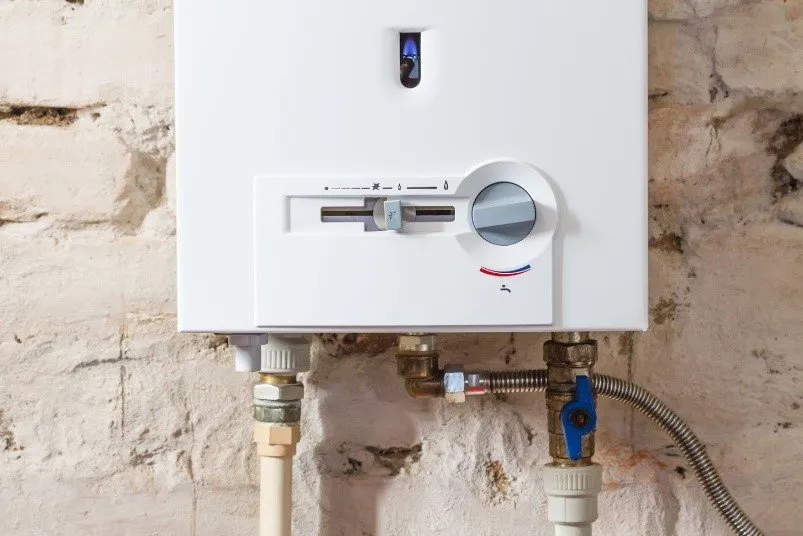
A Comprehensive Guide to Different Types of Tankless Water Heaters
Water heaters are a crucial part of any household or commercial space as it provides warm water for various purposes. Among the different types of water heaters present in the market, tankless water heaters have been gaining popularity in recent years.
These water heaters provide a continuous flow of hot water without the need for a storage tank. However, not all tankless water heaters are the same, as they come in various types catering to different purposes.
Electric Tankless Water Heaters:
Electric tankless water heaters work by heating water through electrical resistance. They are the most commonly used in households due to their compact size and reliability.
Electric tankless water heaters work well in small spaces like apartments or condos, where adequate electricity is available. These water heaters are cheaper to install compared to other tankless water heaters and do not require gas connections or venting.
However, it’s important to note that electric tankless water heaters may not be the best option for large families due to their limited water flow rate.
Gas Tankless Water Heaters:
Gas tankless water heaters are powered by natural gas or propane, making them more energy-efficient than electric water heaters. They work by heating water as it flows through a heat exchanger, delivering an endless supply of hot water.
They are perfect for larger homes with higher water demand and are generally suited for outdoor installations. However, gas tankless water heaters are more expensive to install as they require professional installation and proper venting to ensure safety.
Condensing Tankless Water Heaters:
Condensing tankless water heaters are the latest addition to tankless water heaters, combining high efficiency with continuous hot water delivery.
They operate similarly to gas tankless water heaters, but with added efficiency features such as condensing technology, which extracts heat from the exhaust gas to preheat the incoming cold water.
This allows them to have up to 96% fuel efficiency, making them more environmentally friendly and cost-effective in the long run. However, these models are comparatively more expensive than electric models, and proper ventilation is required.
Point-of-Use Tankless Water Heaters:
Point-of-use tankless water heaters are ideal for smaller spaces like apartments, RVs, or small homes. They deliver hot water directly where it’s needed, like the sink or shower, eliminating the need for long pipes and reducing heat loss.
These water heaters are easy to install and require less maintenance than larger models. However, point-of-use tankless water heaters may not be suitable for larger households or commercial spaces where a higher flow rate is required.
Hybrid Tankless Water Heaters:
Hybrid tankless water heaters are a blend of electric and gas tankless water heaters. They work by heating water through a combination of gas and electric means, providing an efficient and continuous water flow.
They are ideal for larger homes and families that require a high flow rate, and they also offer the added feature of energy-saving capabilities. However, they tend to be more expensive than other models due to their hybrid technology.
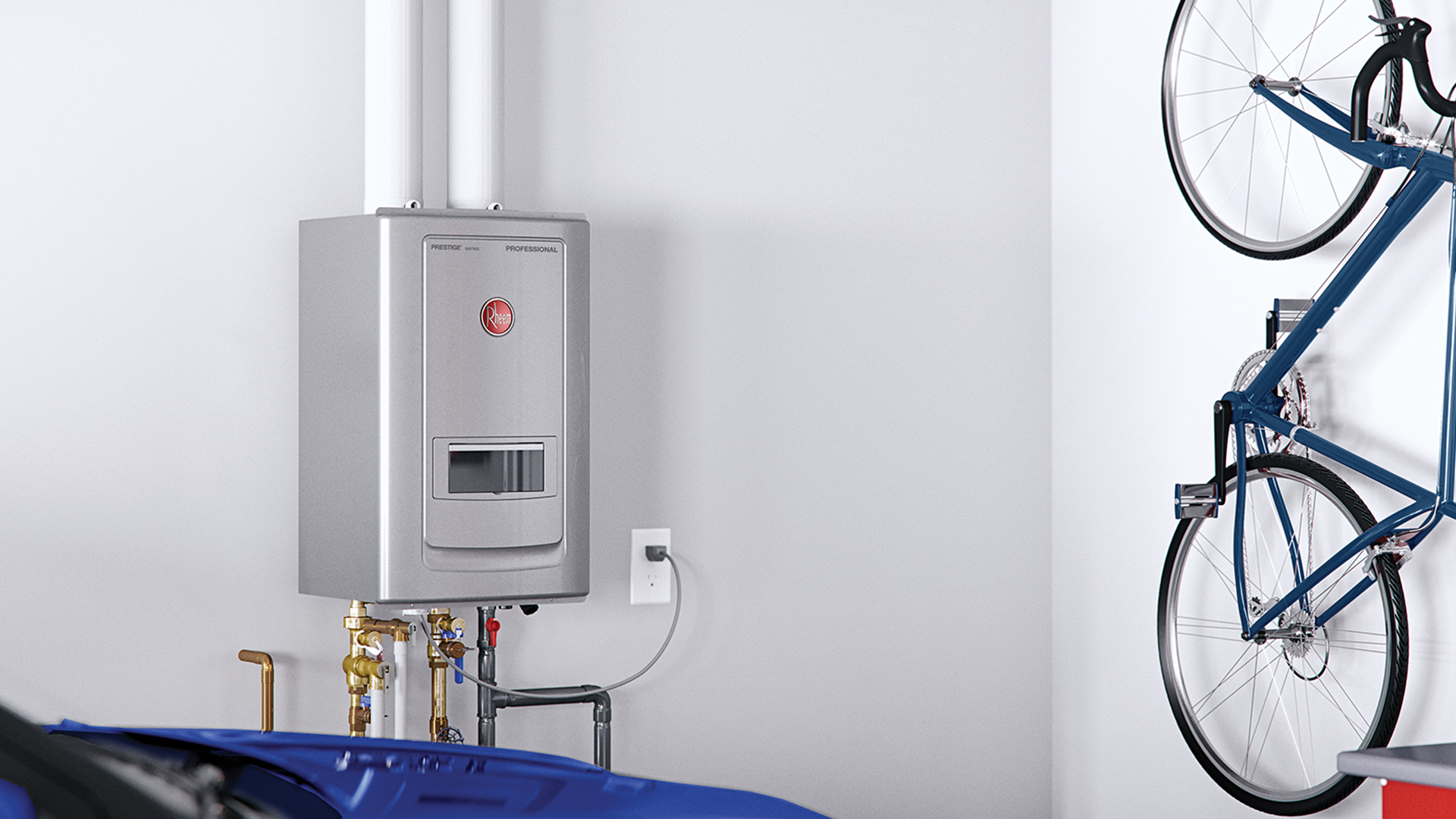
Conclusion
Switching to a tankless water heater is a smart move for many homeowners. It offers numerous advantages such as energy efficiency, space-saving design, continuous supply of hot water, low maintenance, and eco-friendliness.
While the initial cost of a tankless water heater may be higher than a traditional water heater, the long-term savings on energy bills and maintenance costs can make it a worthwhile investment.
Maryland Sewer & Plumbing
When it comes to your home or business, one of the last things you want to worry about is plumbing issues. Fortunately, Maryland Sewer & Plumbing is here to provide reliable and efficient service for all of your needs.
With years of experience and a team of skilled professionals, you can trust that your plumbing problems will be quickly and effectively resolved.
Whether you’re dealing with a leaky faucet, clogged drain, or more complex issues, Maryland Sewer & Plumbing has the expertise to get the job done right. So if you’re in need of a plumbing solution, don’t hesitate to reach out to the experts at Maryland Sewer & Plumbing.

